Contemporary Arts 3rd Quarterly Exam Reviewer
1/141
Earn XP
Description and Tags
From handout 1 to handout 3. Contemporary Art. Contemporary Art in Philippines.
Name | Mastery | Learn | Test | Matching | Spaced | Call with Kai |
|---|
No analytics yet
Send a link to your students to track their progress
142 Terms

Contemporary Art
Art that spring out of the present-day events and passions of the society.


Contemporary Art
The newest form of art


Contemporary Art
It is a statement that an artist makes about life, thoughts, ideas, beliefs, and many other things that define human life.

give the six characteristics of Contemporary Art.
It is not confined in the museum.
It practices a different way of selling art works
Many contemporary artists are self-taught and did not have formal education
It has a variety of materials or medium to choose from
It’s artist sometimes employ the help of fabricators, carpenters, electricians or welders in “constructing” artworks.
Originality is not an issue in this type of art.
It is the process, rather than sale, which is essential in contemporary art-making.

Subject Matter
Any person, animal, thing, or issue that is described or represented in a work.


Subject Matter
It is not confined to representation of human figures and landscapes.

Women, children, environment, or the combination of these.
What are the common subjects in art?
subject matter; contemporary art; viewer
if an artwork is an experiment on technique, the _______ _______ is the technique itself. In _______ ___, the ____ has to engage thinking and exploring the meaning of artwork.
Abstract expressionism
Kinetic art
Op Art
Performance Art
Environmental art
Feminist Art
Minimalism
Video Art
Graffiti Art
Postmodern Art
Body Art
Digital Art
12 styles of cntemporary arts
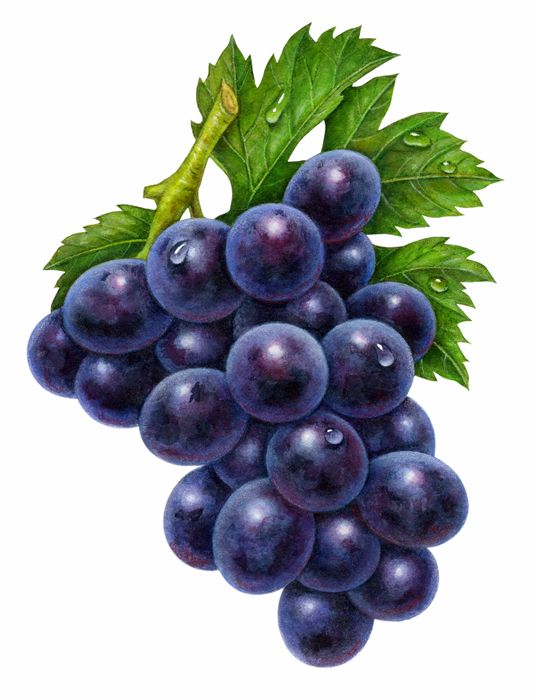
Abstract expressionism
A painting style in which artist applies paint in a manner that expresses emotions and feelings in a spontaneous way
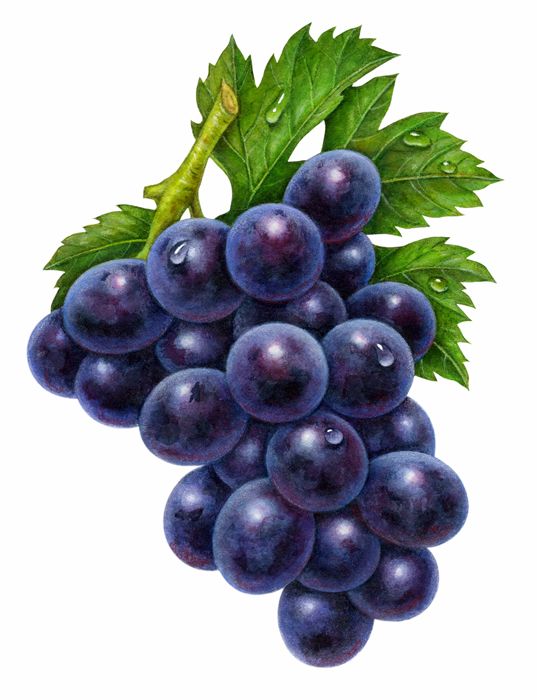

Kinetic art
It is a sculpture that moves with the wind or with the help of a machine or electricity


Op Art
It uses lines or images repeatedly to create an optical illusion


Performance Art
Consist of variety of media and human body to execute an artistic theatrical expression before a live a audience


Environment Art
Involves artistic creation and manipulation of space such as landscape or architectural design that may enclose its audience

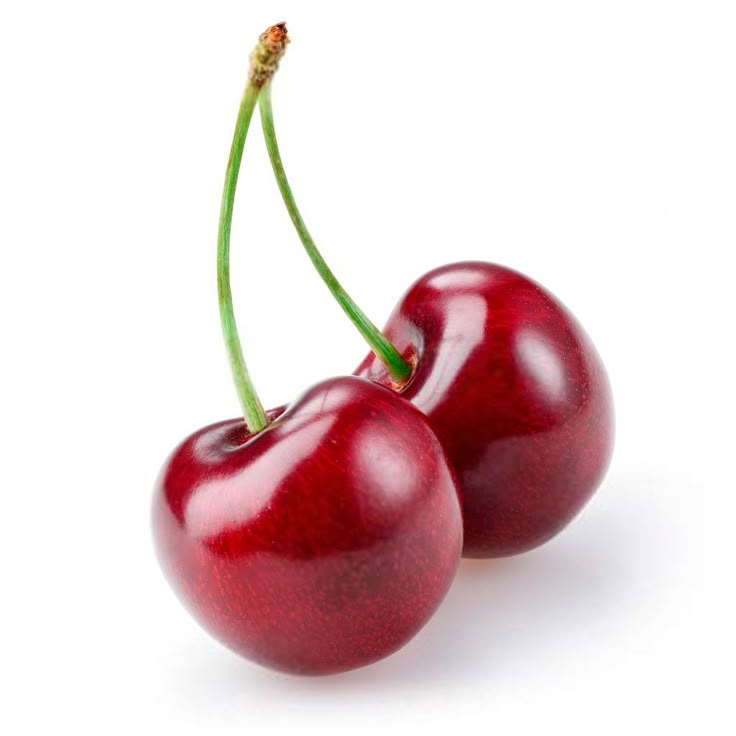
Feminist Art
It tackles issues of identity, sexuality, gender roles, equality, and the ways in which female is treated in society.
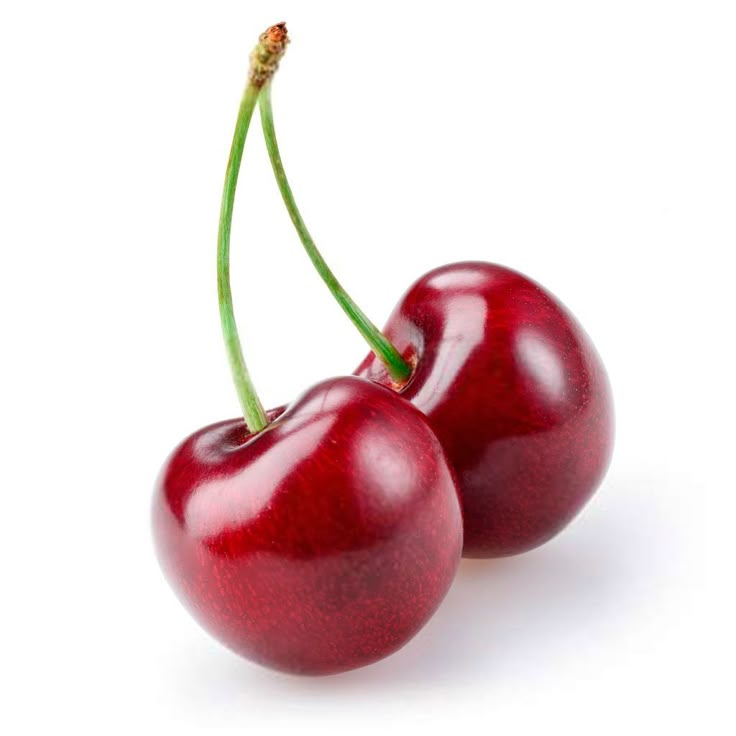
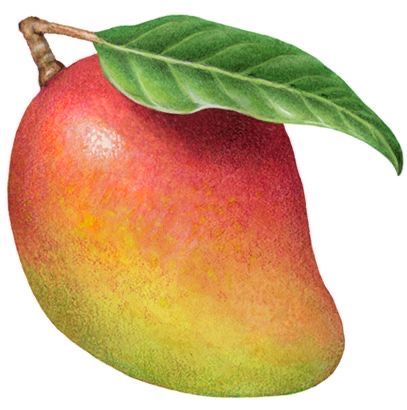
Minimalism
It shows a stripped-down pre fabricated look, free of details, and often with flat surface but expresses a specific content or statement.
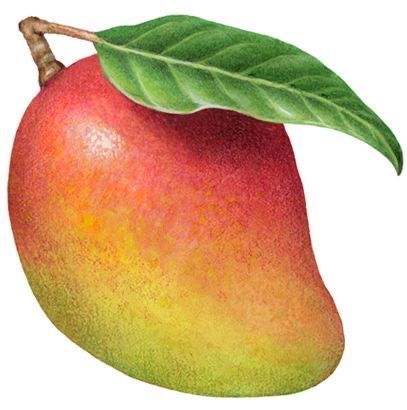
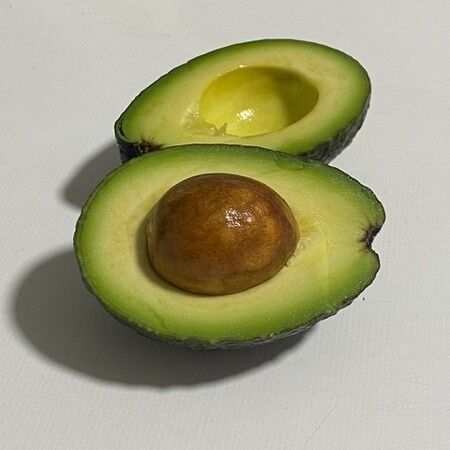
Video Art
It consists of images that are recorded through a video and viewed through television, computer, or projection screen.
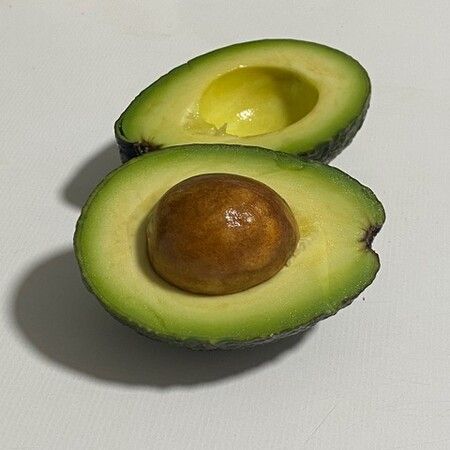
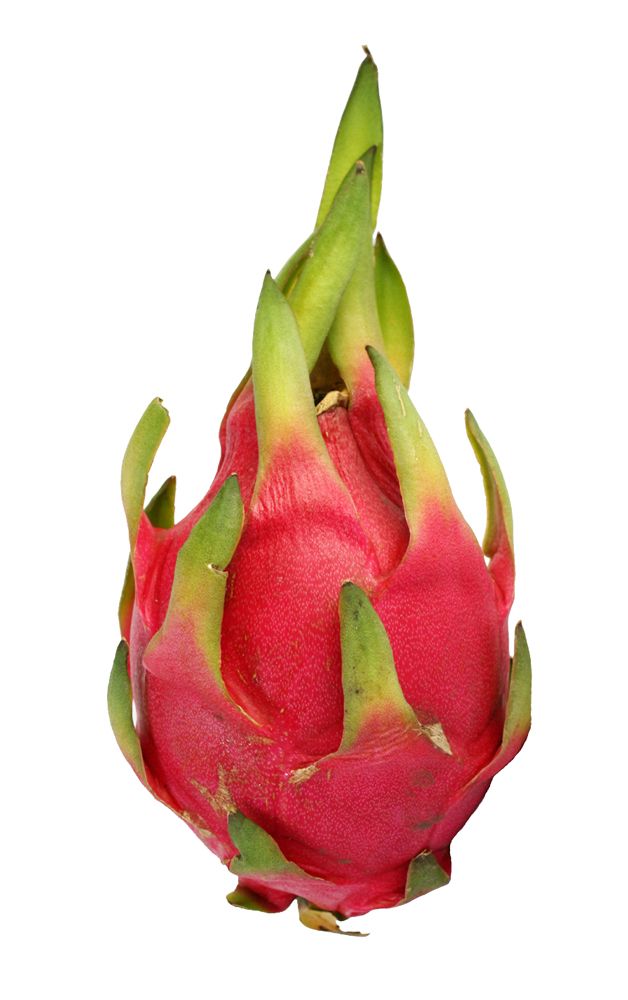
Graffiti Art
It is a drawing, inscription or sketch done hastily on a wall or other surface made to be seen by the public
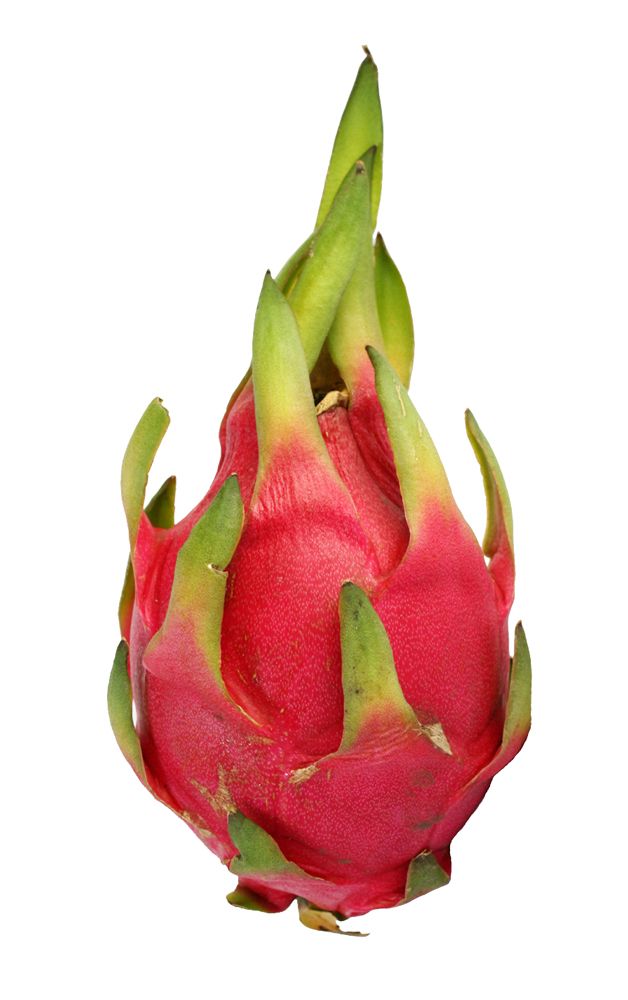
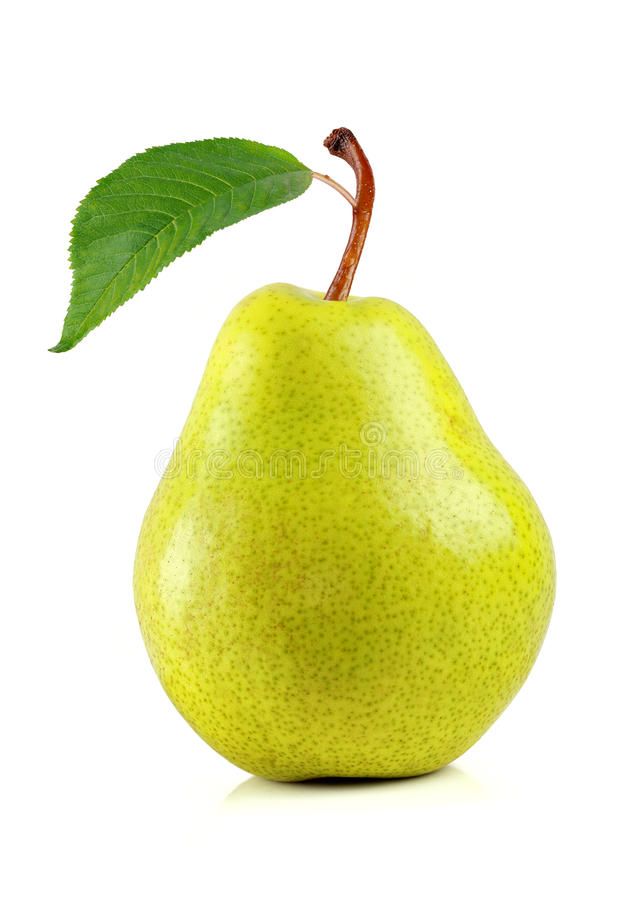
Postmodern Art
Carries Modern styles to extreme practices, often expressing an idea through a mix of materials such as found objects welded together
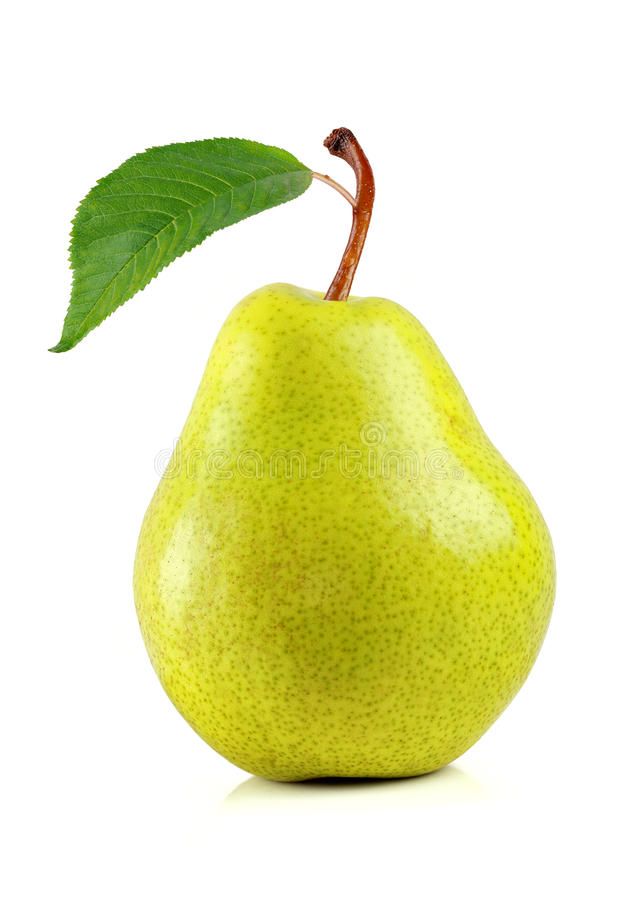
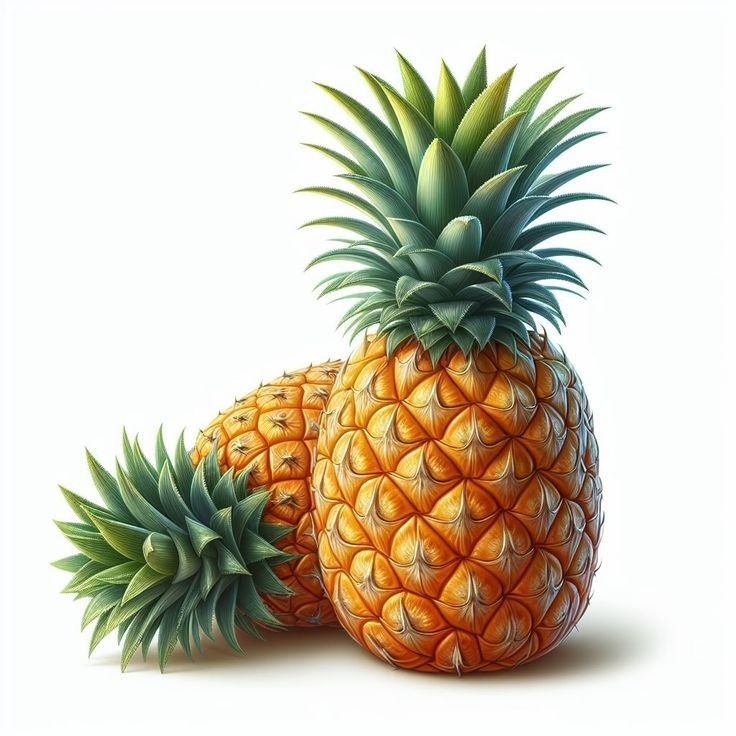
Body Art
It is an art form that uses body as the medium or main material. It ca be painted or clothed and used to perform artistic act in public. Tattooing and piercing are its examples.
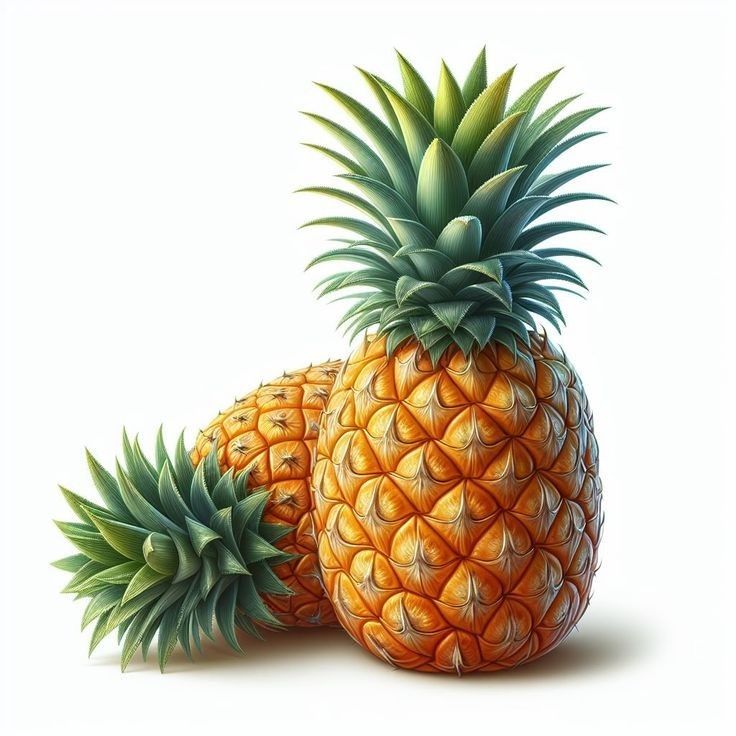

Digital Art
Done with the aid of computer to create an image or design composed of bits and bytes. The image can be printed on paper, tarpaulin, or other mediums.

Collage
Decalcomania
Decoupage
Frottage
Montage
Trapunto
Digital Applications
7 techniques in contemporary art
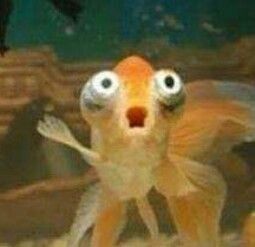
Collage
A piece of art made by sticking various materials such as photograph and pieces of paper or fabric onto a backing
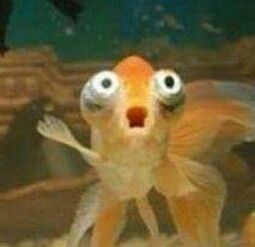
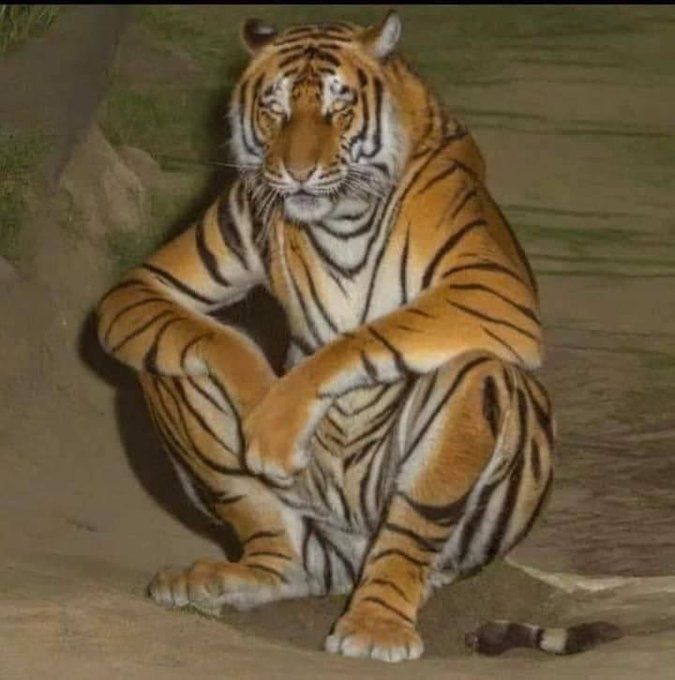
Decalcomania
The art or process of transferring pictures and deigns from specially prepared paper
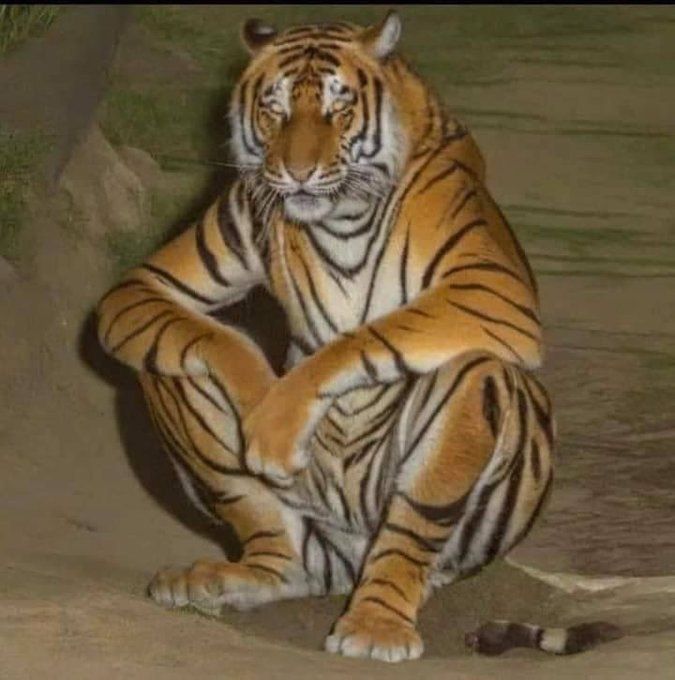
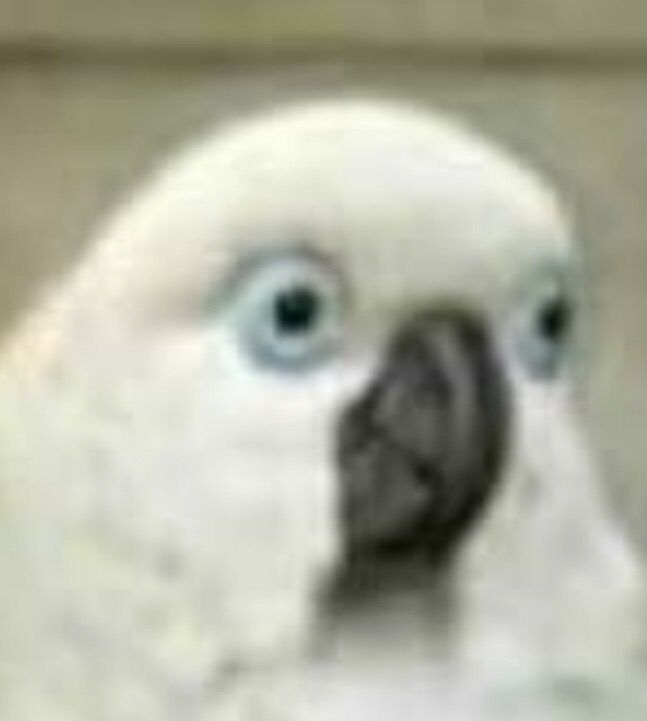
Decoupage
art of decorating surfaces by applying cutouts and then coating with usually several layers of finish
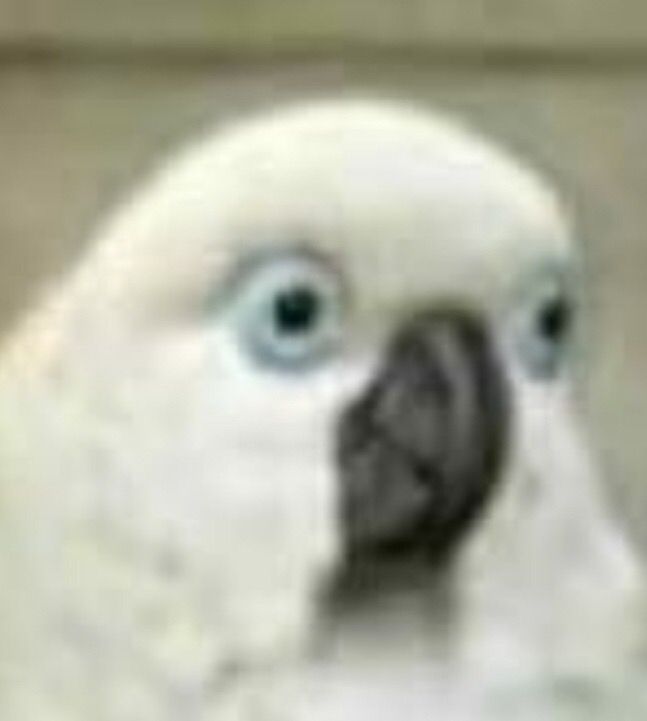
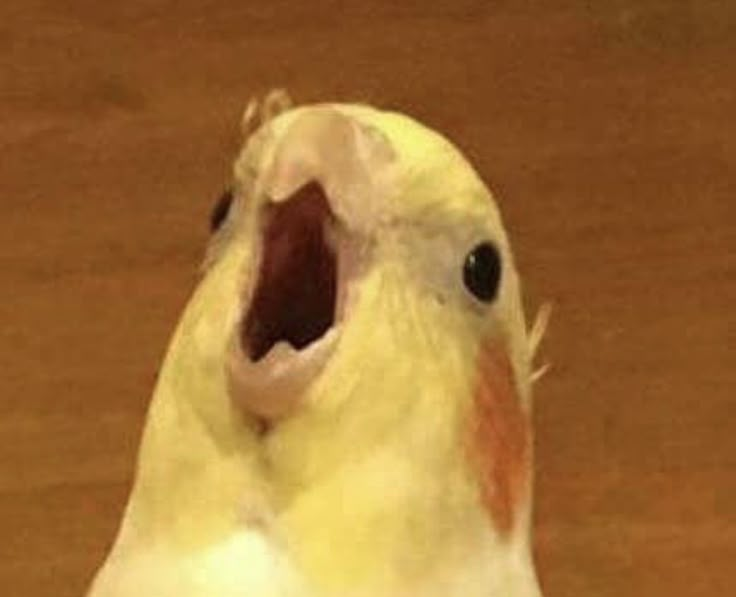
Frottage
The technique of creating a design by rubbing over an object placed underneath the paper
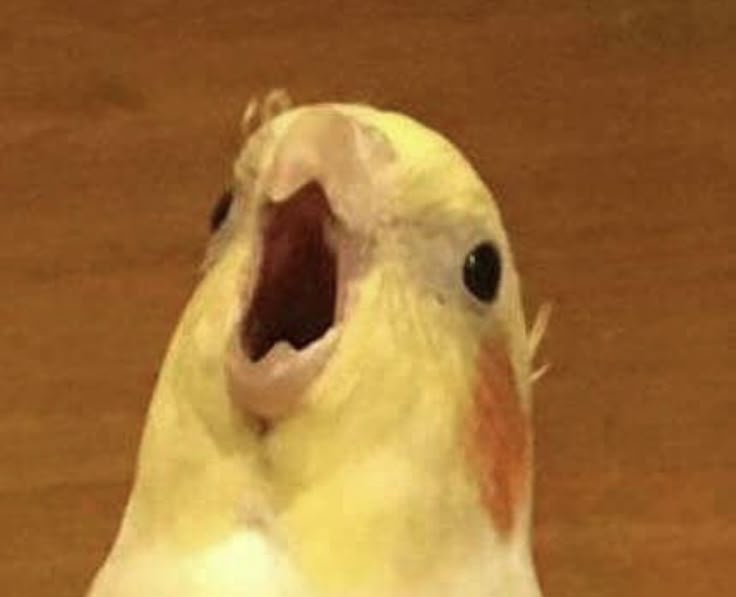
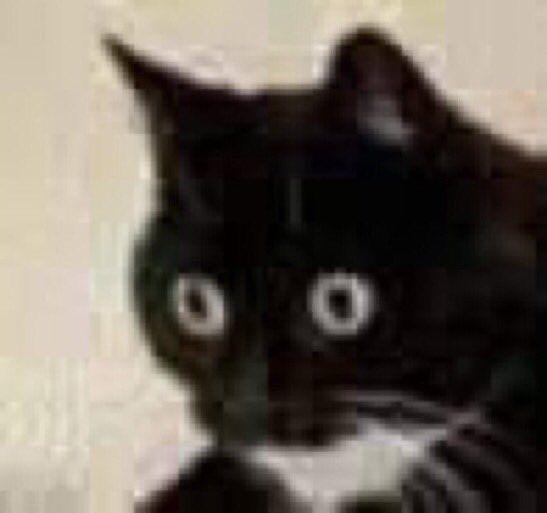
Montage
The production of rapid succession of images in a motion picture to illustrate an association of ideas
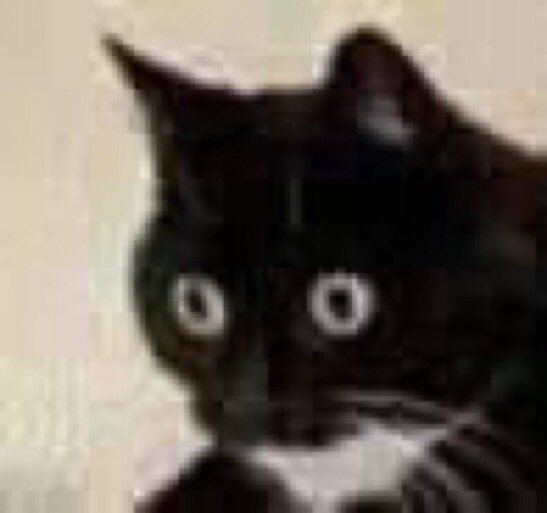
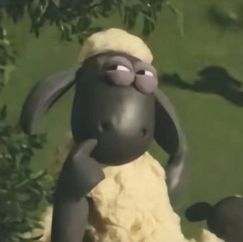
Trapunto
A decorative quilted design in a high relief worked through at least two (2) layers of cloth by outlining the design in running stitch and padding it from the underside
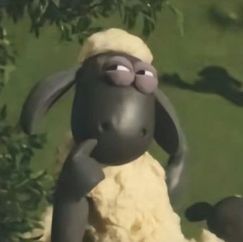
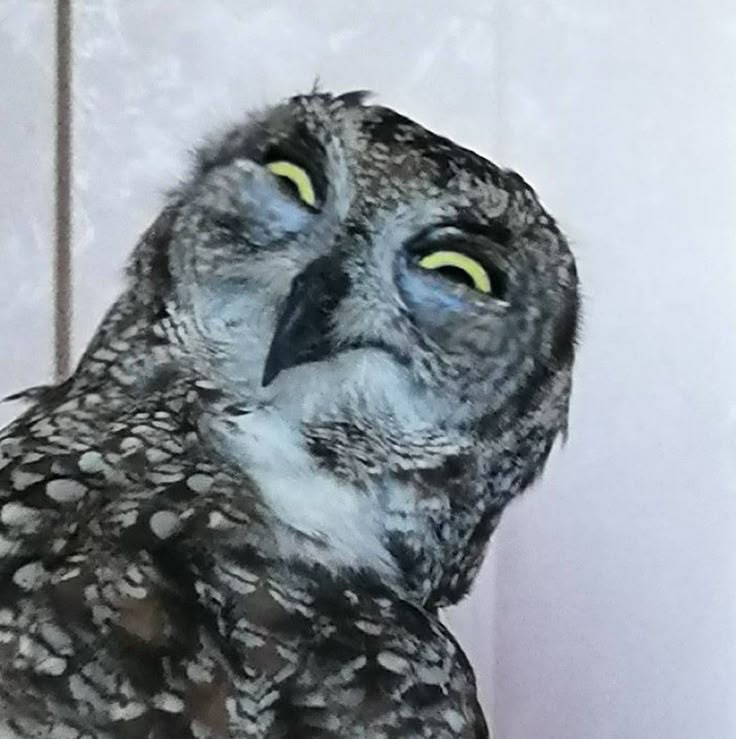
Digital Applications
Any applications software that can be used by a computer, mobile device, or tablet to make and/ or display a work of art
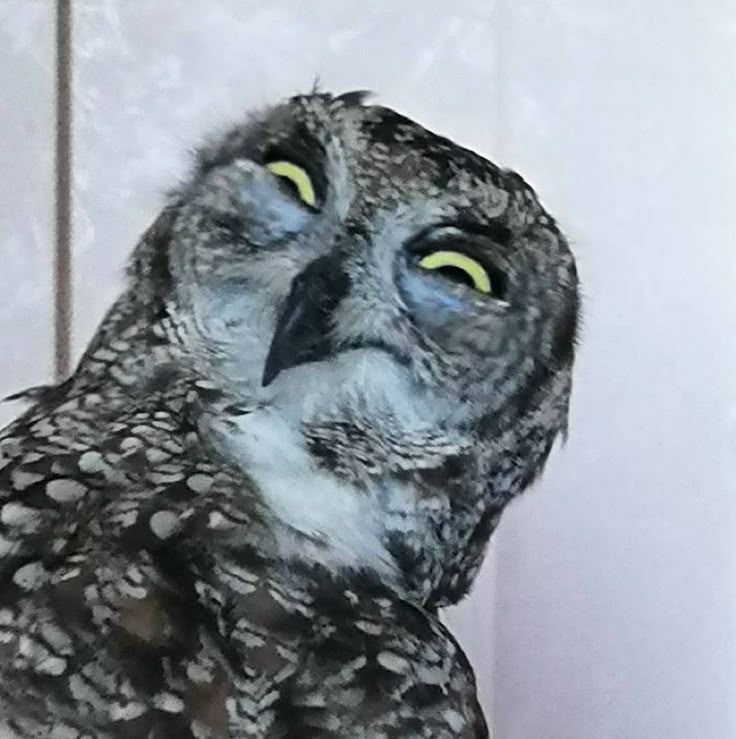

The Order of National Artists, Proclamation No. 1001
Highest national recognition given to Filipino individuals who have made significant contributions tot he development of Phillipine Arts.

NCCA ( National Commissions of Culture and Arts) and CCP
who administers the awards given to Filipino artists
The president; every 3 years
Who gives these awards? And when?
Objective of The Order of National Artists
Aims to recognize Filipino:
Artists who have made a significant contributions to the cultural heritage of the country
Artistic accomplishment at its highest level and to promote creative expression as significant to the development of a national cultural identity
Filipino artists who have dedicated their lives to their works to forge new paths and directions for future generations of Filipino artists
Living artists who are natural-born Filipino; Filipino artists who died after the establishment of the award in 1972; acquired Filipino citizenship by staying for at least 5 years in Philippines.
Artists who through the content and form of their works have contributed in building a Filipino sense of nationhood
Artists who have pioneered in a mode of creative expression or style, thus earning a distinction and making an impact on succeeding generations of artists.
to whom should be The Order of National Artists
Honors and Privilages given to Fillipino NAtional Artists
Rank and Title of NATIONAL ARTIST
National Artist gold-plated medallion minted by bsp and citation
Lifetime omumolent and material and physical beefits
3.1 minimum 200k cash, net of taxes for living awardees
3.2 minimum 150k cash, net of taxes for dead awardees, payable to legal heir/s
3.3 minimum 30k lifetime allowance/stipend
(effective starting January 1, 2013)
A place of honor, in line of protocular precedence, in state of functions, national commemoration ceremonies, and all other cultural presentations
Pablo S. Antonio
Born in Binondo Manila; Pioneered modern Philippine Architecture
emphasizes function before elegance
Juan F. Nakpil
Born in Quiapo, Manila
Dean of Filipino Architects
espoused architecture reflective of Philippine traditions and cultures
Idelfonso P. Santos
Born in Malabon, Manila
Father of Philippine Landscape Architecture
Jose Maria V. Zaragoza
From Gangua, Pampanga
almost synonymous with modern ecclesiastical architecture
Leandro V. Locsin
From Silay, Negros Occidental
believes that the true Philippine Architecture is “the product of two great streams of culture, the oriental and occidental… to produce a new object of harmony”
Used themees of floating volume, the duality of light and heavy, and bouyant and massive n his majow works.
Fernado Amorsolo
Born in Paco, Manila
The Grand Old Man of Philippine Art
Backlighting technique
Cesar Legaspi
Pioneered '“ Neo-realist”
used of geometric fragmentation technique
Hernando Ocampo
Self taught painter from Sta. Cruz, Manila
evoked the lush Philippine landscape, its flora and fauna, under the sun and rain in fierce and bold of colors
Arturo Luz
established Luz Gallery
Sculpture of stainless steel cube
Mural painting of Black and White
Jose T. Joya
pioneered abstract expressionism
creating authentic Filipino idiom that transcended foreign influences
use of rice paper
Benedicto Cabrera
From Malabon
Best-selling painter of his generation Filipino artists
Christened emblematic scavenger figure “Sabel”
Federico Aguilar Alcuaz
painter and sculptor of Sta. Cruz Manila
Artist of voluminous output
known mainly for his gestural paintings in acrylic and oil, sketch in ink, pencil and watercolor
Received fellowship from Ministry of Foreign Affairs
studied at Academia De Bellas Artes de San Francisco in Madrid
Francisco Coching
King of Komiks
Dean of Filipino Illustrators
started at 1934, retired at 1973
Victorio Edades
Father of Filipino Modern Painting
From Barrio Bolosan, Dagupan, Pangasinan
his colors are dark and somber
fav subject amtter are workers, laborers
Guillermo Tolentino
Father of Philippine Arts
Famous works are Bonifacio Monument in Caloocan, UP Oblation in Diliman, Quezon City
Designed bronze medal for Ramon Magsaysay and the seal of Republic of the Philippines
Vicente Manansala
A cubist painter and illustrator from Macabee, Pampangga
“visions of reality teetering on the edge of abstraction”
Trained at Otis School of Drawing
Carlos Botong Francisco
From Angono Batanggas
single-handedly revived mural art
J. Elizalde Navarro
From Antique
Versatile artist , being both proficient painter and sculptor.
Napoleon Abueva
Father of Mofern Philippine Sculpture
From Bohol
Youngest awardee (46 yrs old)
Adept in either academic representational style or modern abstract
utilized almost all kinds of materials
Ang Kiukok
A painter from Davao City
Fused influences from cubism, expressionism,surrealism in his style
Abdulmari Asia Imao
A sculptor, painter, photographer, ceramist, documentary film maker, cultural researcher, writer and articulator of Philippine Muslim Art and Culture
indigenous ukkil, sarimanok, and naga motifs has been popularized
Ramon Valera
Fashion Designer from Abra
His contribution lies in the tradition of excellence of his works, and his commitment to his professioon and performing his magical seminal innovations on the Philippine terno
Jose Garcia Villa
one of finest contemporary poets
introduced reversed consonance rhyme scheme, including the comma peoms that made full use of the punctuation mark in an innovative, poetic way.
Nick Joaquin
Most distinguished Filipino writer in English writing.
Enriched the English language with critics coining “jouaquinesque” to describe his baroque Spanish-flavored English or his reinventions of english filipinisms
Francisco Arcellana
pioneered the development of the short story as a lyrical pose-poetic form
Pride of fiction is “that it is able to render truth that is able to present reality”
Levi Celerio
National Artist for LIterature and Music
a profilic lyricist and composer
Made it to Guinness Book of World Records as to be able to make music using just a leaf
Rolando S. Tinio
National Artist for Theater and Literature
A playwright, thespian, poet, teacher, critic, and a translator, marked his career with profilic artistic productions.
Sole inventor of Taglish in Philippine poetry
Alejandro Roces
Coutry’s best writer of comic short stories.
Champion of the Filipino and was instrumental in popularizing several local fiestas specifically Mariones and Ati-atihan.
Cirilo F. Bautista
Multi-awarded poet, fictionist and essayist
Founded the Philippine Literary arts Council in 1998, iligan national writes workshop, bagiuo writers group
he is also holding regular gunded and unfunded workshops in the country
Francisco Sionil Jose
Most widely-read Filipino writers in the English language
his stories and novels depict the social underpinnings of class struggles and colonialism in our society
founder of the Philippine chapter of international organization PEN
Edith L. Tiempo
A poet, fictionist, teacher, and literary critic who founded the Siliman National Writers Workshop
Her works are characterized by remarkable fusion of style and substanca and her poems are intricate verbal transfigurations of signifacant experiences
Amando V. Hernandez
A poet, playwright, and a novelist from Hagonoy, Bulacan
He believes that “ the function of the writer is to act as the conscience of society and to affirm the greatness of the human spirit in the face of inequity and oppression”
Carlos P. Romulo
Born in Camiling
First Asian President of the United Nations General Assembly, the Philippine Ambassador to Washington D.C., and Minister of Foreign Affairs
Reporter at 16, editor at 20 and publisher at 32
The most decorated Filipino in history
Virgilio S. Almario
Currently serves as the chairman of the Komisyon ng Wikang Filipino.
“Ang Makata sa Panahon ng Makina”, 1st book of literary criticism
Lazardo Francisco
Master of the Tagalog Novel
His novels exposed the evils of the tenancy system, the exploitation of farmers by unscrupulous landlords, and the foreign domination
Bienvenido Lumbera
introduced Bagay poetry to Tagalog Literature
Librettist for the Tales of the Manuvu and Rami Hari, he pioneered the creative fusion of fine arts and popular imagination
Nestor Vicente Madali Gonzales
Fictionist, eassayist, poet and teacher
He earned numerous recognitions including he First Commonwealth Literary Contest, the Republic Cultural Heritage Award, Gawad CCP Para sa Sining
Carlos Quirino
Received National Artist Awards creaed by President Ramos
Wrote “The Great Malayan”, the first biographies of Jose Rizal.
His books and article span the whole spectrum of the Ph history
His book “Maps and View of Old Manila” is considered as the best book on the subject
Alice Reyes
Made a lasting impact on the development and promotion of contemporary dance in the Philippines.
Her biggest contribution is the development of a distinctly Filipino Modern dance idiom.
Her subject matters were expressed through a combination of movements and styles from Philippine indigenous dance, modern dance, and classical ballet
Francisca Reyes Aquino
“Mother of Philippine Folk Dancing”
“Philippine Folk Dances and Games”
Served as supervisor of physical education at the Bureau of Education which distributed her work and adapted the teaching of folk dancing to promote awareness of cultural heritage
Ramon Obusan
A dancer, choreographer, stage designer, artistic director and an acclaimed archivist, researcher, and documentary filmmaker from Legaspi Albay.
Through ROFG, he had affected the cultural and diplomatic exchanges using the multifarious aspects and dimensions of the art of dance
Lucrecia Reyes-Urtula
Spends almost four decades in the discovery and study of Philippine folk and ethnic dances
Became the dance director of Bayanihan Philippine Dance Company and choreographed collections of mountain dances, etc.
Leonor Orosa-Guquingco
“Trailblazer”
“Mother of Philippine Theater Dance”
“dean of Filipino Performing Arts Critics”
Brought native folk dance , mirroring Philippine culture from pagan to modern times, to its highest sage of development
Antonio J. Molina
known for introducing innovations such as the whole tone scale, pentatonic scale, exuberance of dominant ninths and eleventh chords, and liner countrpoints.
Honorata “Atang” de la Rama
“Queen of Kundiman”
“the sarswela and the kundiman expresses best the Filipino soul”
became known for singing “Nabasag na Banga”
Jose Maceda
Composer, musicologist, teacher, and performer.
He wrote papers that enlightened Filipino and foreign scholars about the nature of Philippine traditional and ethnic music.
Andrea Veneracion
known for her achievements as choirmaster and choral singer.
Found the Filipino Madrigal Singers and spearheaded the development of choral music in the Philippines
Ramon Santos
Country’s foremost exponent of contemporary Filipino music.
A prime figure in the second generation of Filipino composers in the modern idiom
Lucrecia Roces Kasilag
she was instrumental in developing Philippine music and culture.
she founded the Bayanihan Folk Arts Center for research and theatrical presentations
Antonio r. Buenaventura
From Balinag Bulacan
He joined Francisca Aquino to conduct research on folksongs and dances that led to its popularization
Written several marches ‘Triumphal March” “ Echoes of the Past”
Felipe Padilla de Leon
Filipinized western music forms.
His marches, sonatas, and concertos have become full expression of the sentiments of the Filipino in times of strife and peace
Ernani J. Cuenco
His “ Bato sa Buhangin”, Inang Bayan”, “Isang Dalangin”, “Kalesa” and “pilipinas” brought contemporay Filipino music to higher level.
Played with the Filipino Youth Symphony Orchestra and The Manila Symphony Orchestra, Manila Chamber Soloists.
Completed his music degree at University of Santo Tomas where he also taught for decades until his death.
Lucio D. San Pedro
his work with town bands have significantly contributed to the development of a civic culture among the Filipino communities and opened a creative outlet for young Filipinos
Francisco Feliciano
Brought awareness to people all over the world Asian Culture is a rich source of inspiration and celebration of ethnicity through his works that brought out the ‘Asianness” in music. By numerous creative outputs, he has elevated the Filipino Artistry into one that is higly esteemed by the people.
Jovita Fuentes
Best-known for her potrayal of Cio-cio San in Giacomo Puccini’s Madame Butterfly in Italy.
Her performance hailed as the “most sublime interpretation of the part” and the place Philippines on the map in terms of performing
Gerardo De Leon
Born as Gerardo Ilagan
most awarded film director in the history of Filipino Academy of Movie Arts and Science (FAMAS) Awards.
Ishmael Bernal
'“the genius of Philippine cinema”
Recognized through his films that serve as social commentaries and bold reflections on the existing realities of the struggle of the Filipino
Roland Allan K. Poe
Known as Fernando Poe Jr.
A cultural icon of tremendous audience impact and cinema artist and craftsman-as an actor, director, writer, and producer.
Lino Brocka
One of the most influential and significant Filipino filmmakers in Philippine cinema history.
His films breathed life and hope for marginalized sectors of the society.
Served in the organizations such as PETA,CAP
Manuel Conde
Known for producing and directing films based on Filipino tales such as, “Siete Infantes de Lara”, “Ibong Adarna”, “Prinsipe sa Tenoso”
Lamberto Avellana
‘National Artist for Theater and Film”
“The Boy Wonder of Philippine Movies”
First to use motion pictures to establish a point of view
First to have his film at the Cannes International Film
THE FIRST NATIONAL ARTIST OF THE PHILPPINE for the film
Eddie Romero
One of the finest in the cinema of the Philippines and his body of work delved into history and poitics
Wilfrido Ma. Guerrero
Served as director of UP Dramatic Club for 16 yrs and founded that UP Mobile Theater which started the concept of theater campus tour.
He made it possible for students and audiences, in general, to experience the basic grammar of staging and acting familiar and friendly ways through his plays that humorously reflect the behavior of the Filipino
Salvador f. Bernal
'“guru of contemporary Filipino theater design”
organized Philippine Association of Theater Designers and Technicians (PATDAT) to promote and proffessionalize theater design.
Severino Montano
The forerunner in institutionalizing “legitimate theater” in the Philippines
Organized the Arena Theater to bring drama to the masses and established a graduate program at the Philippine Normal College for the training of playwright, directors, techinicians, actors, and designers